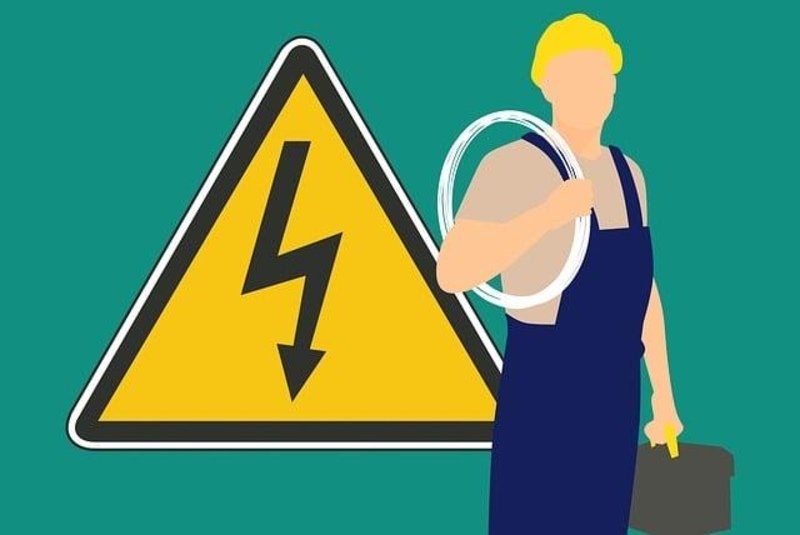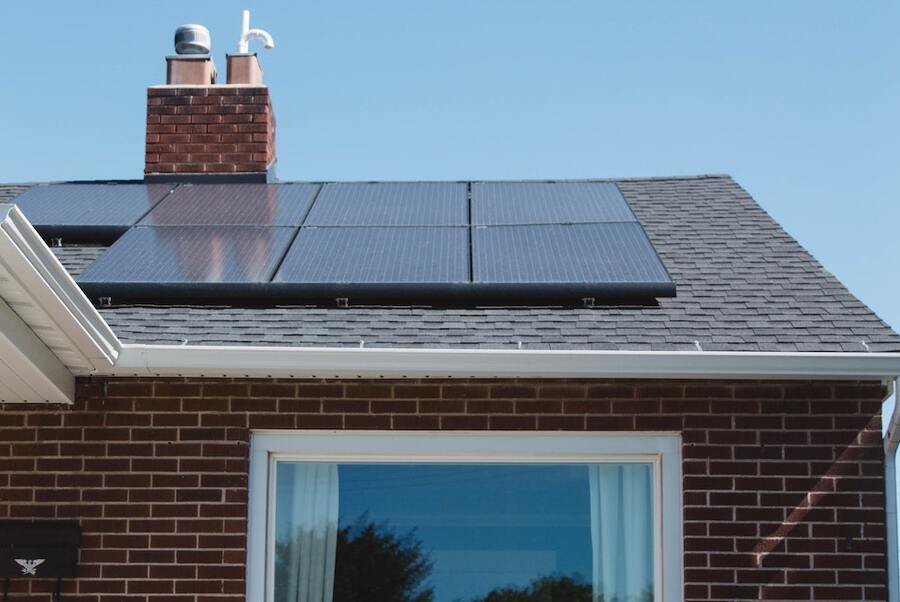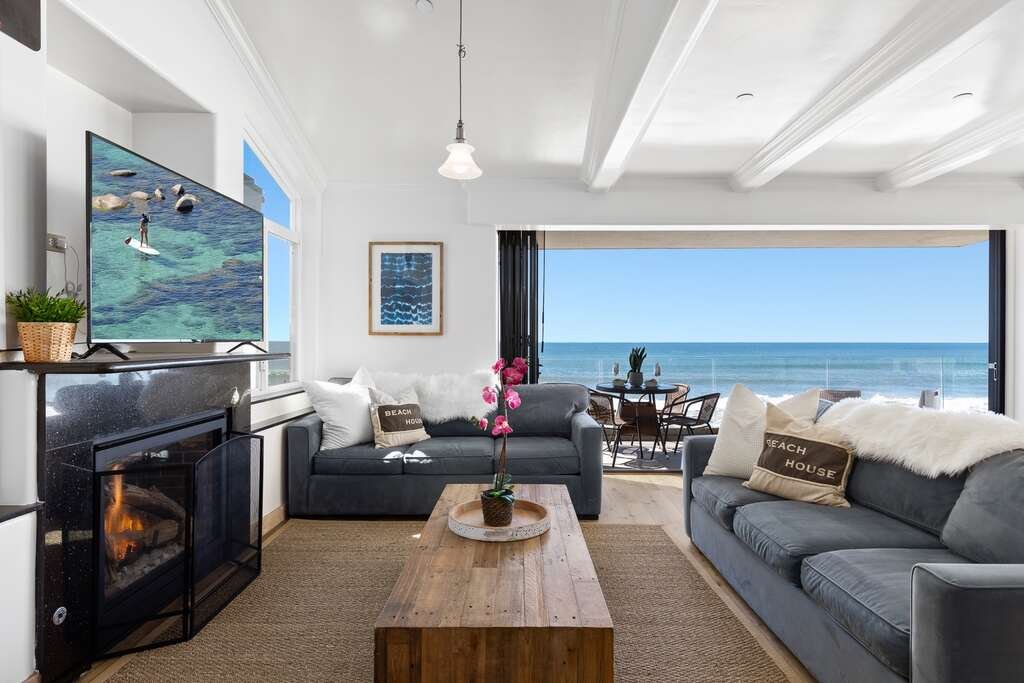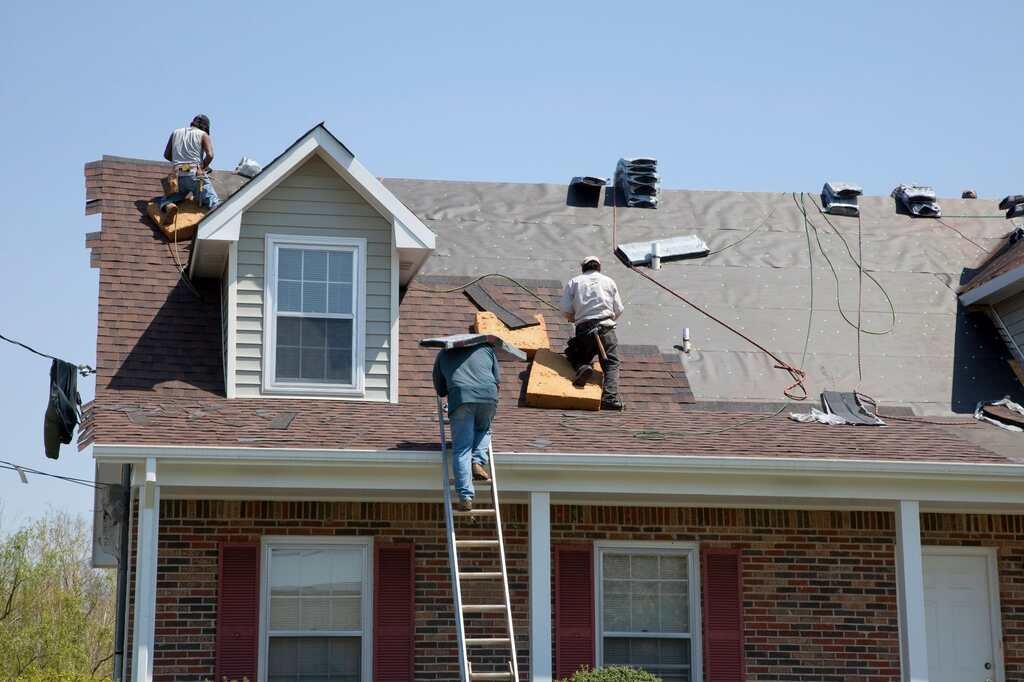Norway aims to remain sustainable and environmentally friendly, conserving wherever possible, including electricity. While people do their due diligence in following these guidelines within their homes and businesses to help reduce the effects of energy crises, students are reeling from the impact.
Energy costs are included in the rent in most student accommodations throughout Norway. With electricity being scarce and expensive, strømleverandører i Norge, or electricity suppliers in Norway, encourage young adults to reduce their usage.
By saving electricity, students will not only conserve the resource but also save money. The most significant consumption is with hot water and heating for homes and student accommodations.
Those who take time to diligently pay attention to their energy usage with successful results could help decrease rent prices for the other residents. The accommodations incorporate various electricity forms, including geo wells, electricity, heat pumps, solar cells, central heating, and on.
Those who need ideas on conserving or tips on reducing their usage should contact their electricity supplier for an inspection of their space. The expert can do a walk-through and advise on where waste is noticed and how to cut these expenses.
Let’s look at a few tips on conserving energy in your student accommodations. The goal is to keep you informed, allowing educated decisions when attempting to reduce your energy costs.
How Can The Student Population In Norway Conserve Electricity
Energy crises affect homes and businesses but also significantly impact students paying electricity costs, which are included in their accommodation’s rent. Norway remains conservative in its approach toward electricity usage with a conscious focus on the environment and sustainability.
Electricity suppliers encourage consumers to cut back on usage with the commodity being scarce, and in an effort to keep costs to a minimum. The retailers make themselves available to inspect properties and student accommodations to help residents and business owners recognize waste.
The primary sources of significant consumption include hot water and heating. If these can be reduced, electricity costs will go down, and energy will be saved. Let’s look at a few ways electricity suppliers advise students to keep their electricity costs lower.
Avoid wasting heat
When the heat is on, many people like to ventilate by opening the window, sort of canceling out the purpose of having the heating running in the first place. The heat is virtually going out the window when left open for an entire day and into the night with the heat source operating.
The suggestion is to use ventilation fast and sparingly with the window in a wide-open position for only a couple of minutes, ultimately keeping the heat inside the space.
Find other ways to keep warm
When a student reduces the indoor temp by even just one degree, consumption decreases by as much as 5 percent. Electricity suppliers recommend an indoor temperature of approximately 20 degrees. These can be kept at a cool 15 degrees for separate bedroom spaces.
The idea is to keep warm in other ways by placing extra blankets and duvets on the bed, dressing in heavier clothing, maybe adding a sweater, consuming warm beverages, and having a throw over you when sitting reading or watching a program.
The shower should be a timed competition with yourself
Each time you get into the shower, attempt to decrease the time from the last. The maximum you’re looking to accomplish is five minutes. An excellent way to challenge yourself or anyone living with you is to set a timer and see who can finish the fastest while maintaining good hygiene.
A priority is to reward the challenge when you accomplish the goal, particularly if you’re conserving energy and saving on your electricity costs. That’s undoubtedly worth a dinner out with friends, to say the least.
Manual dishwashing isn’t efficient compared to using the dishwasher if you have one
Many people prefer the dishwasher for its convenience and time savings over manually washing dishes by hand. However, some still have the mindset that dishes get cleaner the old-fashioned way and don’t have a dishwasher, with probably many students not having that luxury.
If you don’t have a dishwasher, a priority when washing dishes manually is to avoid letting the hot water run while washing. The best way to do it is to wash them, let them sit in the drainer, and then rinse quickly simultaneously. It might only be a matter of a few minutes, but you’re conserving.
Keep drapes and blinds or other window coverings over the windows
Drapes can be left open during the day to allow the brilliant sun’s rays to help heat your student accommodations. In order to keep that heat in, around dusk, these should be closed to maintain a comfortable temperature for the evening and throughout the night.
It’s also important to make sure the windows and doors are sealed to keep air from coming in, calk and use weather stripping to ensure these are free of gaps to keep extreme heat and frigid cold outside. You might ask your landlord to do this as a student living in the accommodations. Your care and upkeep will be limited.
Students thrive on video games
Video games are an incredible stress relief and a form of entertainment for many students. These use a considerable amount of electricity, but people who enjoy these will not give them up readily. The gaming world is too enticing, and the experience is exciting and fun.
The suggestion when playing is to ensure when you’re not on the system you pull the plug. When this is left engaged, it continues to generate power wasting energy and costing you money. A suggestion for gamers is occasionally look at board games and take a day off from the digital experience.
It has the potential to give a comparable thrill when you use your imagination in the same way you do with gaming.

Lights that don’t need to be on should be shut off
A lot of people like to have their houses lit up. It’s cozy, inviting, and comfortable but exceptionally wasteful. That doesn’t mean sitting in the dark to conserve energy. You don’t want to slide into a depression.
When you’re in a room, the lights should be on, but when you head into another space, switch these off. If no one is watching a program, turn the TV off, or anything that’s operating with no human interaction should be shut down, including the computer, or even unplugging a small appliance.
A good rule of thumb before leaving your apartment or dorm or, perhaps, a shared space is to take a few minutes and ensure everything has been turned off, unplugged, and disengaged before leaving.
Also, the temperatures should be reduced if you leave for a holiday or to go home during a break from studies. A small dorm can be readily brought back to the standard temperature when you return from your travels.
Eventually, these energy-saving techniques have the potential to result in rent reductions for the entire building if the landlord sees incredible energy savings.
Final Thought
Norway is a region concerned with the environment and sustainability. Property owners are diligent about conserving energy and encourage young adults sent to universities to have a similar approach to their lifestyle in their student accommodations.
Electricity suppliers are available to inspect properties and dorms to advise where waste is an issue and help residents, business owners, and students to make corrections for optimum energy conservation and money savings.
Students have the most to gain by saving energy since the electricity costs are included in their rent. The more students learn now in university, the better prepared they are when faced with homeownership or possibly a business property.
Recommended Posts:









